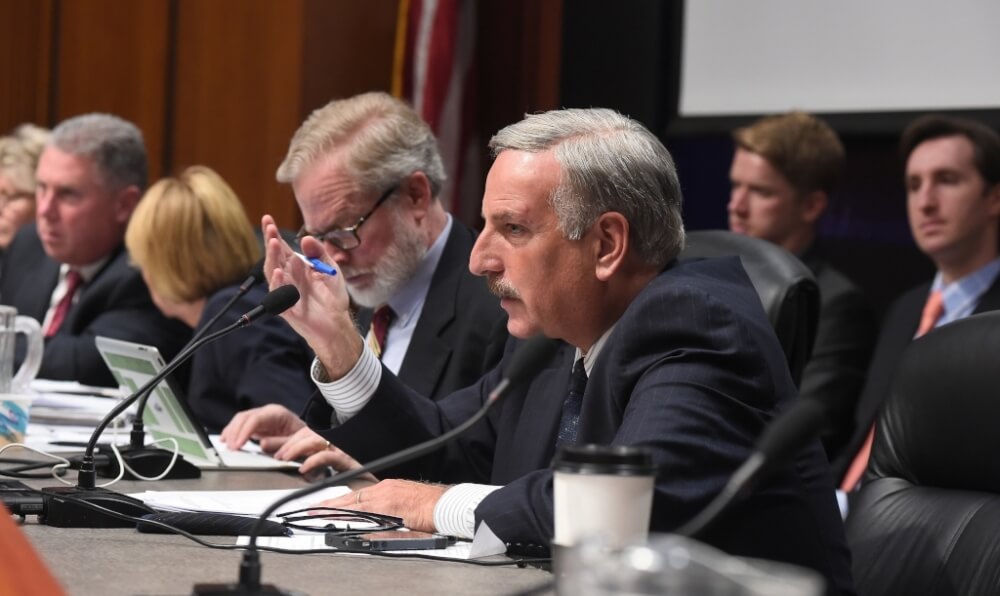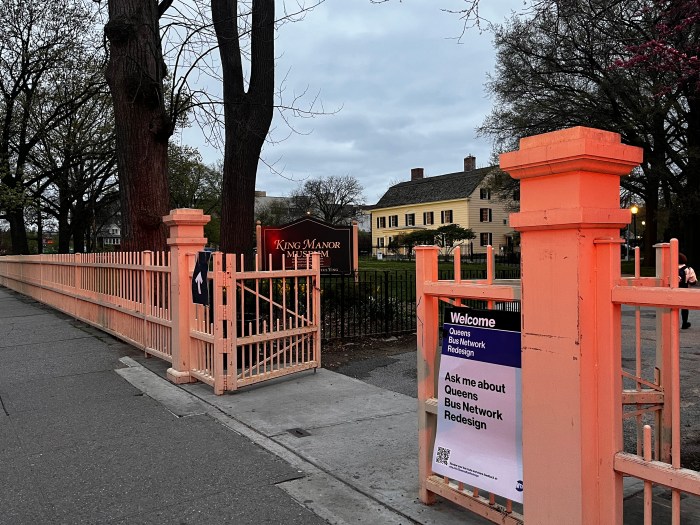Prompted by the death of a 19-year-old Flushing resident in 2013, an eastern Queens lawmaker is moving to rein in hazing incidents in the state.
Proposed by Assemblyman David Weprin, the bill seeks to prohibit physical contact or activity in any organization’s initiating ceremony. It passed the Assembly and was delivered to the Senate on May 16.
The advocacy group Stop Hazing defines hazing as “any activity expected of someone joining or participating in a group that humiliates, degrades, abuses, or endangers them regardless of a person’s willingness to participate.” The organization estimates that more than half of college students involved in clubs, teams and organizations experience hazing.
The legislation was prompted by the death of Michael Deng, a Baruch College student who was pledging to Pi Delta Psi when he died during a December 2013 fraternity retreat in Pennsylvania.
The student was subjected to a hazing ritual known as the “glass ceiling,” where he was blindfolded and forced to carry a backpack filled with 20 pounds of sand while being knocked down by fraternity members. Deng, who was from Flushing, sustained a traumatic brain injury during the incident.
Four individuals involved in the incident were sentenced on Jan. 8 after they pleaded guilty in November to felony charges of voluntary manslaughter and hindering apprehension. The national fraternity was banned from operating in the state of Pennsylvania for 10 years and ordered to pay a $112,500 fine.
“The best way for us to prevent hazing is to ensure that no student is ever put in a situation where their safety is in jeopardy,” Weprin said. “By prohibiting reckless physical conduct and physical activities during initiation ceremonies, we can protect students and other individuals from the substantial risks caused by hazing. There is no better way to honor the death of Michael Deng, one of my constituents, by ensuring that this will never happen to another student again.”


























